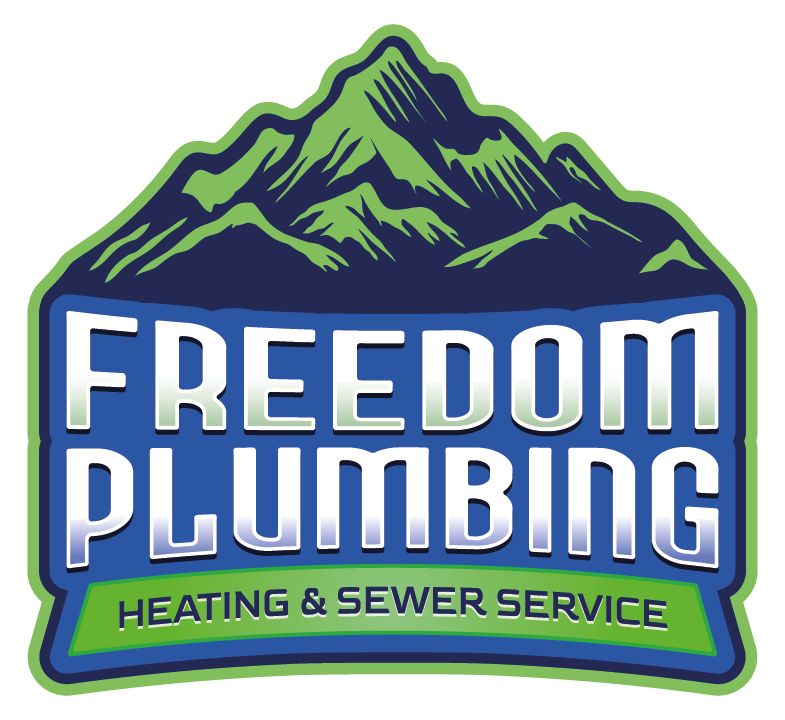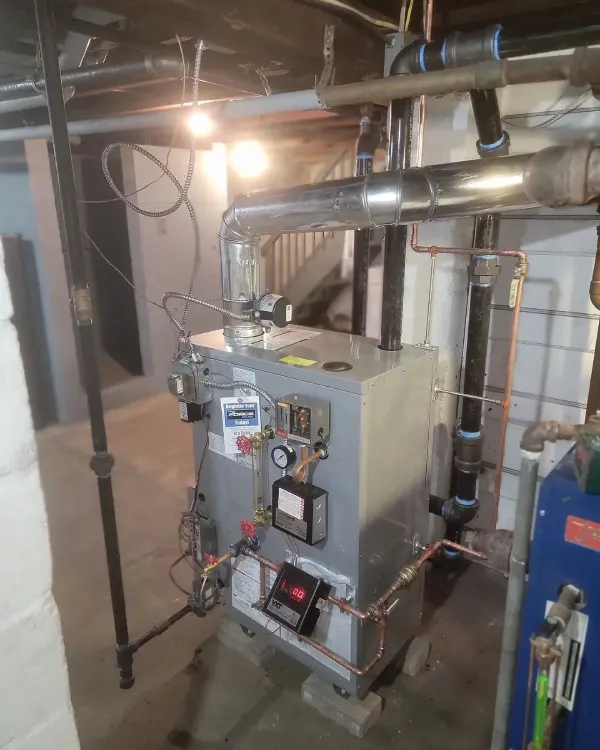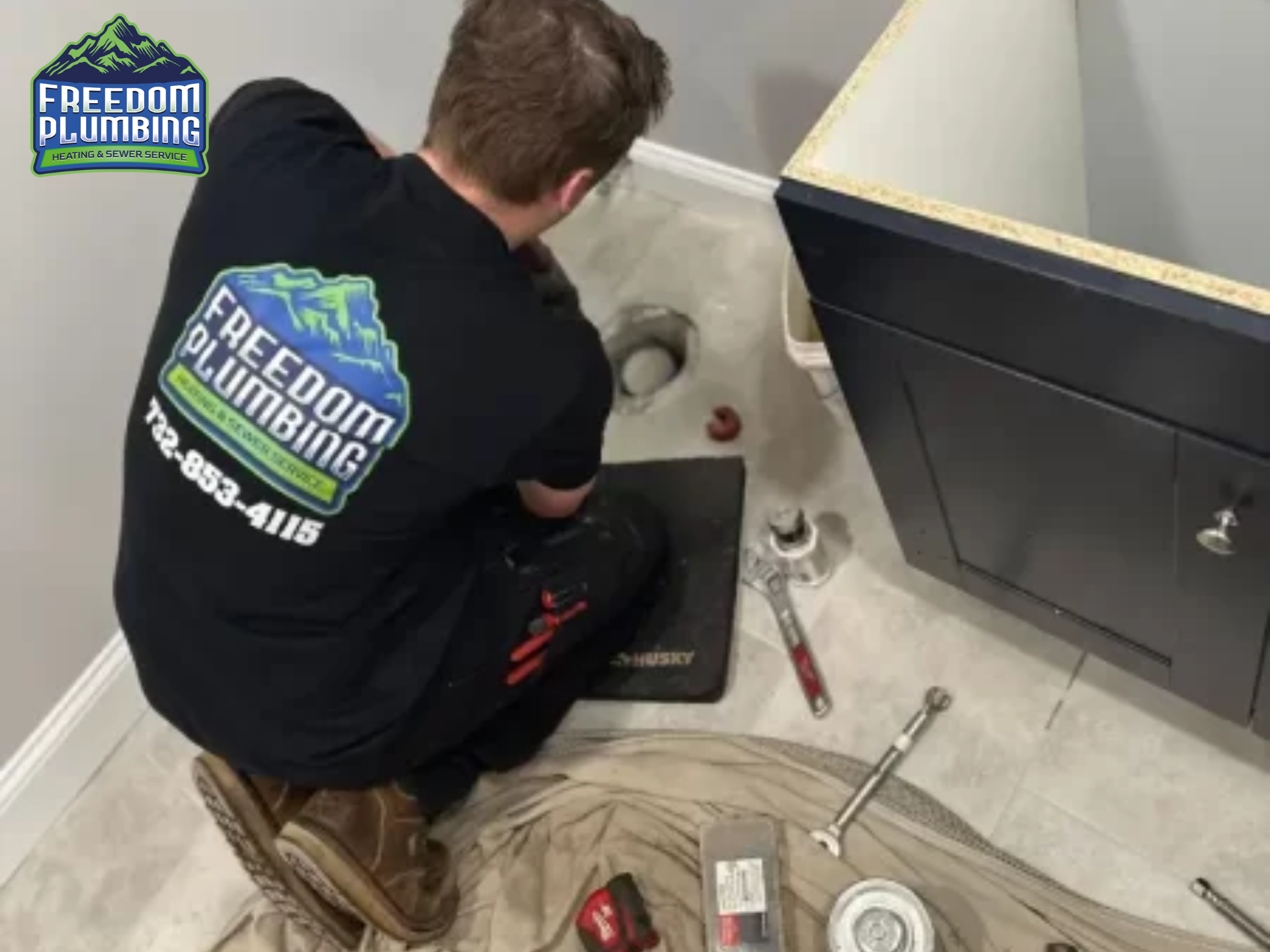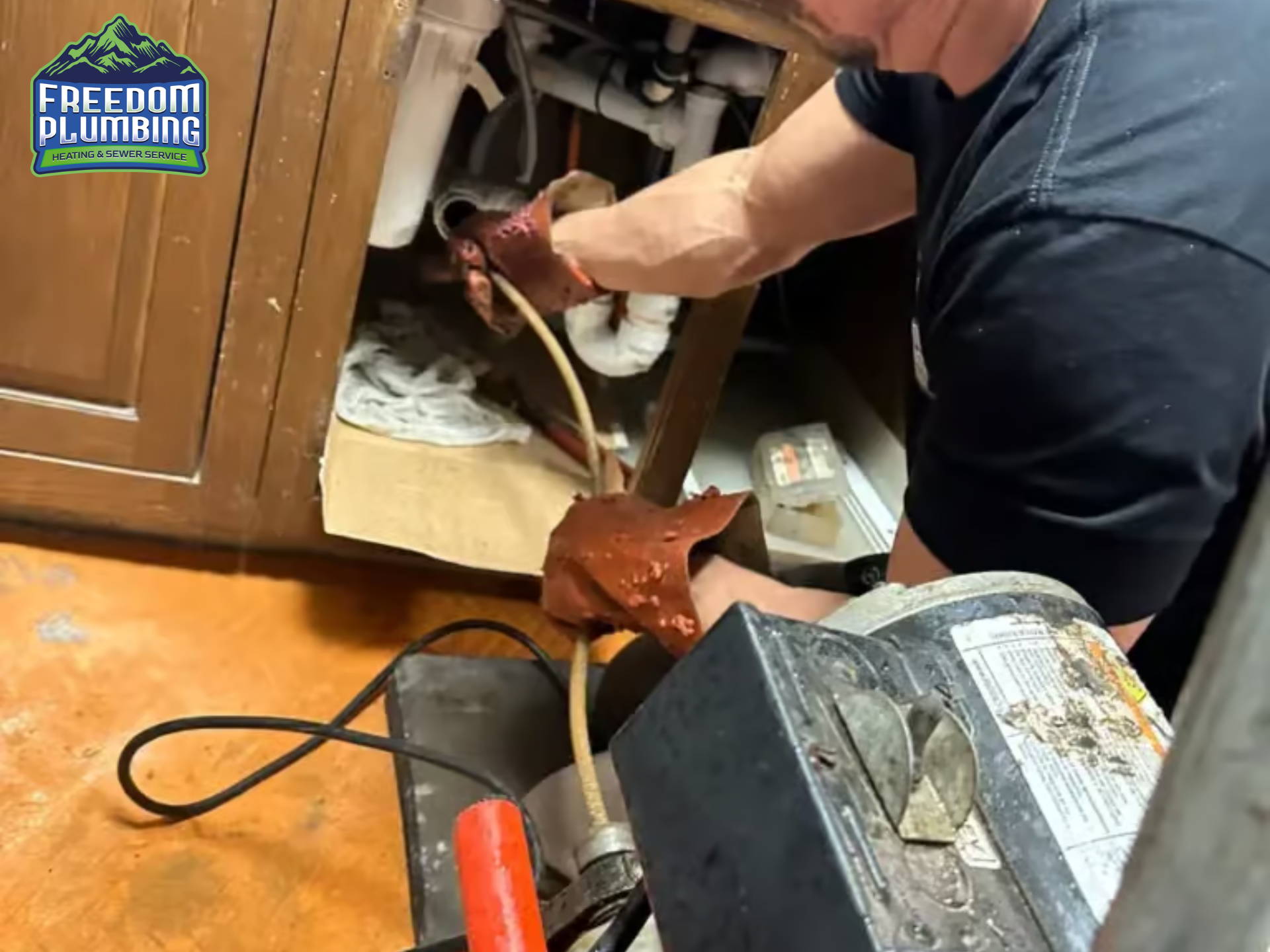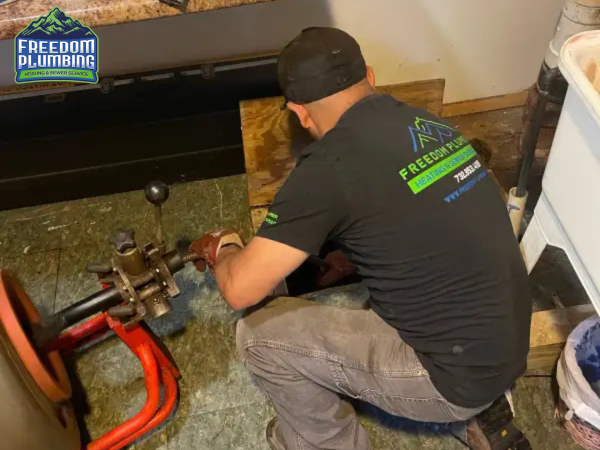Click Here to Learn More about our services offered
A well-maintained boiler is crucial for ensuring optimal heating efficiency and safety in both residential and commercial spaces. Regular maintenance not only extends the lifespan of your boiler but also helps identify and address potential issues before they escalate into costly repairs. In this comprehensive guide, we’ll explore the key aspects of boiler efficiency, the importance of maintenance, how to troubleshoot common boiler problems, and when it’s time to consider replacing your boiler.
Understanding Boiler Efficiency: Why It Matters
Boiler efficiency refers to how effectively your boiler converts fuel into usable heat. The higher the efficiency, the less fuel is wasted, which results in cost savings and a reduced environmental impact. Here are some key factors to consider when evaluating your boiler’s efficiency:
Combustion Efficiency
Combustion efficiency measures how well the boiler burns fuel. Regular cleaning of the burners, heat exchanger, and flue passages ensures that your boiler operates at peak combustion efficiency, reducing wasted fuel.
Thermal Efficiency
This refers to how effectively the heat generated is transferred to the heating system. Proper insulation and maintenance of the heat exchanger contribute to better thermal efficiency.
Standby Losses
Standby losses occur when the boiler isn’t actively heating. Minimizing standby losses is achieved through proper insulation and ensuring that the boiler is correctly sized for the space it serves.
The Benefits of Regular Boiler Maintenance
Regular maintenance is essential for maintaining a boiler’s efficiency and safety. Here’s how consistent care can benefit your heating system:
1. Increased Lifespan
A well-maintained boiler can last up to 20 years, compared to just 10–15 years for a neglected one. Regular service extends the life of your boiler, saving you the cost of premature replacement.
2. Improved Safety
Boilers can be hazardous if not properly maintained. Regular inspections ensure that safety mechanisms are functioning, reducing the risk of gas leaks, carbon monoxide poisoning, and fires.
3. Lower Energy Bills
Boilers that operate at peak efficiency use less fuel, saving homeowners up to 25% annually on heating costs.
4. Fewer Repairs
Boilers with regular maintenance tend to need fewer costly repairs. Identifying small issues before they become big problems is key to reducing repair expenses.
Essential Boiler Maintenance Practices
Here’s what you should focus on to keep your boiler running smoothly:
1. Regular Inspections
Schedule professional boiler inspections at least once a year to identify potential problems early and ensure your system meets safety and efficiency standards.
2. Cleaning and Combustion Adjustment
Clean the burners, heat exchanger, and flue passages regularly. Proper combustion ensures the ideal air-to-fuel ratio, reducing waste and improving efficiency.
3. Water Treatment
Boiler water needs to be treated to prevent scale and corrosion, which can decrease heat transfer and reduce system efficiency. Follow the manufacturer’s guidelines for water treatment to maintain your system’s performance.
4. Ventilation
Ensure proper ventilation around the boiler to guarantee sufficient airflow for combustion, which helps your system work more efficiently.
5. Pressure and Temperature Checks
Regularly monitor and maintain the recommended boiler pressure and temperature levels to prevent damage and ensure optimal operation.
Troubleshooting Common Boiler Issues
Even with regular maintenance, boilers can encounter problems. Here’s a quick guide to diagnosing and addressing common issues:
1. No Hot Water?
Check for issues with the thermostat, water pressure, or pilot light. If the water pressure is low, you may need to repressurize the system.
2. Strange Noises
If your boiler is making strange noises like banging or whistling, it could be due to air in the system, sludge build-up, or a malfunctioning pump.
3. Low Pressure
Low pressure is often caused by a leak in the system or a faulty valve. If the boiler’s pressure gauge is reading low, try repressurizing the system and check for leaks.
4. Pilot Light Goes Out
A pilot light that keeps going out may be caused by a dirty thermocouple or a gas valve issue. A professional plumber Westfield should handle repairs in this case.
Signs It’s Time to Replace Your Boiler
In some cases, it may be more cost-effective to replace your boiler rather than continue with expensive repairs. Here are some signs it might be time for a replacement:
1. Frequent Repairs
If your boiler constantly breaks down or requires costly repairs, replacing it with a newer, more efficient model might be more economical.
2. Age of the Boiler
If your boiler is over 15–20 years old, it’s likely not operating as efficiently as it once did. Upgrading to a new boiler can significantly reduce energy bills and prevent unexpected failures.
3. Increased Energy Bills
If your heating bills have been steadily rising without any change in usage, it could be a sign that your boiler is no longer functioning efficiently.
4. Lack of Spare Parts
If your boiler is an older model and parts are no longer available, it’s time to replace it. Continuing to repair an obsolete boiler can be expensive and inefficient.
Why Choose a Local Plumber in Westfield, NJ?
Hiring a local plumber Westfield NJ, offers several advantages:
Local expertise: We know the specific needs of Westfield homes and can recommend the best boilers for your property.
Faster response time: When you need an urgent repair, a local plumber can respond quickly, minimizing downtime and inconvenience.
Community trust: As a local business, we take pride in serving our neighbors and providing high-quality, reliable services.
Frequently Asked Questions (FAQs)
Q: How often should I have my boiler serviced?
A: We recommend having your boiler serviced at least once a year to ensure it runs efficiently and safely.
Q: How much does a boiler inspection cost?
A: Boiler inspection costs vary, but most companies charge between $100 and $200 for a thorough inspection.
Q: Can I repair a leaking boiler myself?
A: DIY boiler repairs are not recommended. Boilers are complex systems, and attempting repairs without professional knowledge can be dangerous. Always call a licensed technician for boiler repairs.
Q: What is the lifespan of a typical boiler?
A: A well-maintained boiler can last between 15 and 20 years. However, regular maintenance can help extend its lifespan.
Q: How can I improve the efficiency of my boiler without replacing it?
A: Regular maintenance, proper insulation, and reducing standby losses are some ways to improve boiler efficiency.
Contact Our Expert Plumbers in Westfield, NJ
If you need boiler maintenance, troubleshooting, or replacement services, don’t hesitate to contact our expert plumbers Westfield NJ. Call us today to schedule an inspection and ensure your heating system runs efficiently for years to come!
To Sum Up..
Ensuring optimum boiler efficiency is critical for safe, cost-effective heating. Regular maintenance, quick troubleshooting, and knowing when to replace your boiler can save you money and prevent costly repairs. If you’re dealing with boiler issues or need assistance with maintenance, our team of professional Westfield plumbing service, is ready to help. Contact us today!
